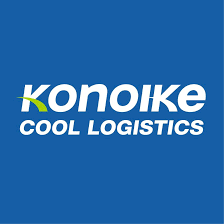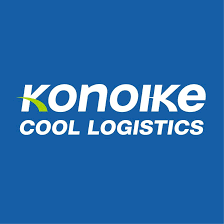-
HOME
-
Cold chain
- Refrigerated transportation
Refrigerated transportation / List of 9 manufacturers
What is a Refrigerated transportation?
Cold Chain Transportation and Refrigerated Transportation are essential methods for transporting temperature-sensitive products such as food, pharmaceuticals, and chemicals, ensuring their quality is maintained during transit. Cold Chain Transportation refers to the method where products are kept at a specific low temperature using refrigerated vehicles or containers. The temperature is typically maintained between 0°C and 10°C, and it is often used for products like fruits, vegetables, and dairy products. This allows for long-distance transportation while preserving the product's freshness. On the other hand, Refrigerated Transportation involves transporting goods at even lower temperatures, usually below 0°C, and is required for items like fish, meat, and pharmaceuticals such as insulin or vaccines. Refrigerated transportation uses refrigerated or frozen containers to ensure products stay fresh and free from microbial contamination during transit, extending their shelf life. Both methods require strict temperature control, as any temperature deviation during transportation can lead to product spoilage or a decrease in quality.
Application of Refrigerated transportation
✅ Cold Chain Transportation Example
Fresh vegetables and fruits are transported using cold chain transportation to maintain their freshness during transit. For example, tomatoes and cucumbers are transported in refrigerated vehicles, maintaining a temperature between 0°C and 10°C to preserve their quality while being delivered to markets.
✅ Refrigerated Transportation Example
Fresh fish and meat require refrigerated transportation. These products need to be stored at temperatures below 0°C and are transported in refrigerated vehicles. For instance, salmon and beef are transported at temperatures below -18°C to ensure they remain fresh for extended periods.
✅ Pharmaceutical Refrigerated Transportation Example
Temperature-sensitive medications, such as vaccines and insulin, require refrigerated transportation. Insulin, for example, needs to be stored at around 5°C, and it is delivered to hospitals and clinics in specialized refrigerated vehicles. Strict temperature control is essential, as higher temperatures can compromise the efficacy of the medication.
➡️ We are looking for companies in Thailand that handle and provide demo units of Refrigerated transportation.
➡️ MAB THAILAND is seeking distributors, sales partners, and manufacturers for Refrigerated transportation.
➡️ Please feel free to contact us!
Manufacture list of Refrigerated transportation
※Includes information on some trading companies















